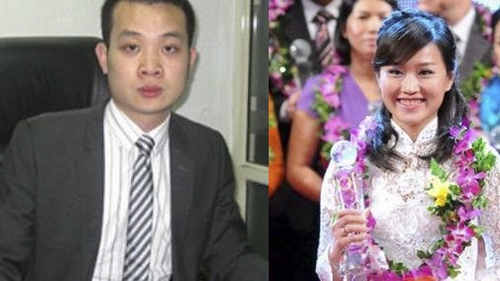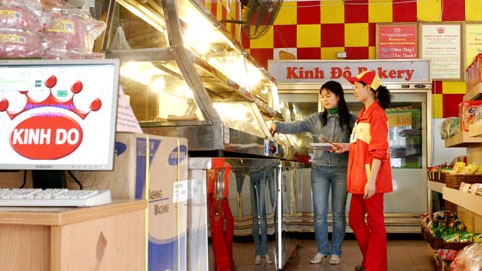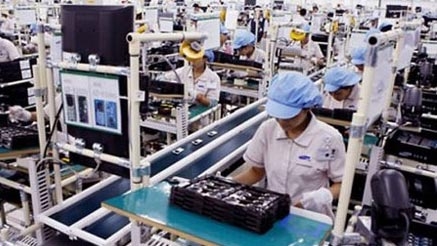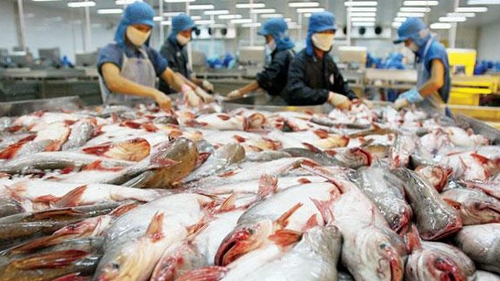
Vietnamnet
2144 newsArticles by author

20 born-in-80s millionaires of Vietnam in 2015
As of December 25, the 20richest millionaires on the stock market who were born in the 80s had total assets of VND4.16 trillion (over US$200 million). Some of them are spouses or brothers and sisters.

0% interest rate could lead to bleeding of dollars
Analysts have warned that the kieu hoi flow (overseas remittance) to Vietnam would slow, while Vietnamese may deposit dollars at Laos banks instead of Vietnamese as a result of the State Bank’s 0% interest rate policy.

Vietnamese retail market: early bird will catch the worm
Gone is the time when big fish swallow smaller fish. It is now the time when faster fish will eat slower ones, according to Nielsen.

Foreign manufacturers get bigger piece of domestic sweets cake
As Kinh Do has sold its sweets manufacturing division to the US firm Mondelez, Vietnam has no company that can compete with foreign manufacturers in the sweets market.

Vietnam predicts three investment waves from RoK, Japan, US
Diverse sources of foreign direct investment (FDI) are expected to help Vietnam create equilibrium in attracting FDI and ease reliance on certain sources.

Freight reduction urgent to improve Vietnamese goods’ competitiveness
Logistics costs in Vietnam account for 20-25% Gross Domestic Product (GDP), which is 10% higher than other developing nations in the region, the association said.

2015: Vietnam’s catfish faces US trade barriers
Vietnam’s catfish export industry is experiencing stormy days because of strict rules set by the US, which tries to protect its local catfish production.

Confidence about Vietnam’s real estate market restored
International experts believe Vietnam and Cambodia are highly desired destination points for real estate investors. There are still many attractive opportunities in emerging markets, despite the economic slowdown worldwide.

10 richest people on Vietnam Stock Exchange in 2015
Vietnam’s only one USD billionaire Pham Nhat Vuong, the boss of Vingroup, retains the top spot, while tycoon Doan Nguyen Duc of Hoang Anh Gia Lai Group slipped to the third position, giving the second spot to the boss of Hoa Phat Group, Mr. Tran Dinh Long. The rankings this year saw some changes.

The current challenges of Vietnam
The current challenges show that Vietnam does not have much time left. If it does not urgently develop appropriate strategies, the country will fall into prolonged stagnation, a kind of middle-income trap.
